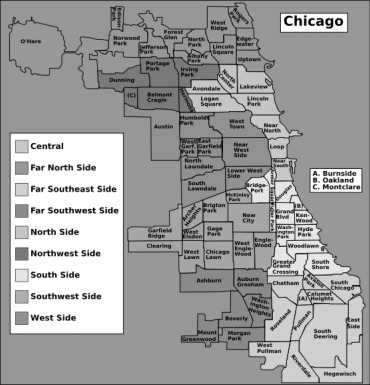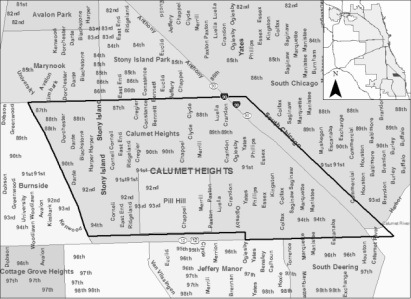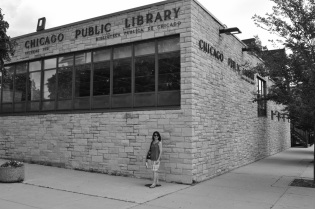Then it's time for a math lesson... and it's perfectly okay to use a calculator for this.
Student A, (let's call him Austin), reads 20 minutes a night, five nights a week.
Student B, (let's call him Blake), reads only 5 minutes a night... or not at all.
Austin reads 20 minutes x 5 times a week = 100 minutes per week.
Blake reads 5 minutes x 5 times a week = 25 minutes per week.
Step 2: Multiply minutes per week x 4 weeks each month.
Austin reads 400 minutes per month.
Blake reads 100 minutes per month.
Step 3: Multiply minutes per month x 9 months/school year.
Austin reads 3600 minutes in a school year.
Blake reads 900 minutes in a school year.
Blake gets the equivalent of only two and a half school days of reading practice.
By the end of 6th grade, if Austin and Blake maintain these same reading habits, not counting reading on the weekends or during summer break:
Austin will have read the equivalent of 60 whole school days, while Blake will have read the equivalent of only 15 school days.
One could rightly expect a gap in knowledge acquired and retained to have widened considerably over the course of time, as well as school performance.
Questions to ponder:
Which student would you expect to read more fluently and with stronger comprehension? Which student would you expect to know more? Which student would you expect to have stronger writing skills? Which student would you expect to have a larger vocabulary?
Which student would you expect to be more successful in school... and in life?















 RSS Feed
RSS Feed